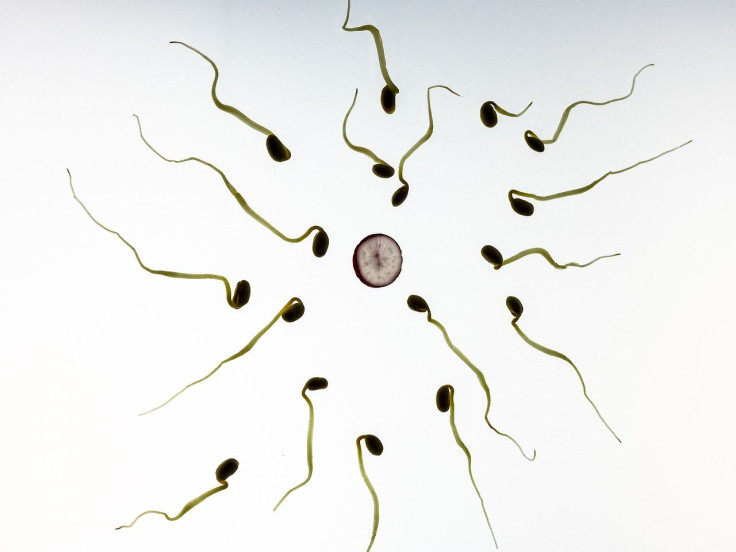COVID-19 Leads To Long-Term Decline In Men's Sperm Quality, Reveals Study
Jun 27, 2023 10:12 PMBy Kristine Belonio

A study found that frequent exposure to sperm could help women reduce their risk of contracting HIV because of changes in vaginal tissue immune cells. PIXABAY
New research indicated that even mild COVID-19 infections could result in a lasting drop in semen quality among men.
Scientists have discovered that more than three months after recovering from mild COVID-19, men exhibit lower sperm concentrations and reduced sperm motility.
The study, conducted by Professor Rocio Núñez-Calonge and her team at the Scientific Reproduction Unit in Madrid, Spain, followed men for an average of 100 days after infection and found no improvement in sperm quality during that period.
Contrary to expectations, the production of new sperm did not lead to a recovery in semen quality. It remains unclear how long it might take for sperm quality to be restored, and there is a possibility that COVID-19 could cause permanent damage, even among those who experienced only mild symptoms.
"We do not know how long it might take for semen quality to be restored, and it may be the case that COVID has caused permanent damage, even in men who suffered only a mild infection," Núñez-Calonge was quoted as saying by Killeen Daily Herald.
The researchers observed that semen quality was worse after COVID-19 infection in some men attending reproductive clinics in Spain, prompting them to investigate the impact of the virus on fertility. The study included 45 men who had a confirmed diagnosis of mild COVID-19 and had their semen samples analyzed before and after infection.
The findings revealed a significant decline in semen volume (20% reduction), sperm concentration (26.5% reduction), sperm count (37.5% reduction), total motility (9.1% reduction) and live sperm count (5% reduction). Sperm motility and total sperm count were particularly affected, with a 57% decrease in total sperm counts for half of the men after COVID-19 infection. Notably, the shape of the sperm was not significantly affected.
Even when analyzing samples taken more than 100 days after infection, the researchers found no improvement in sperm concentration and motility over time, suggesting a persistent effect of COVID-19 on semen quality, possibly due to permanent damage caused by the virus.
The study highlighted the need for clinicians to be aware of the detrimental effects of the SARS-CoV-2 virus on male fertility, even in cases of mild infection. The decrease in semen quality may occur without clinical symptoms of the disease, emphasizing the importance of monitoring reproductive functions in men after COVID-19.
While the exact mechanism of how the virus affects sperm is still unknown, researchers believe that inflammation and immune system damage observed in long COVID-19 cases may play a role. Further research is needed to understand the full extent of COVID-19's impact on male fertility and whether the effects are temporary or permanent.
The study findings were presented at the 39th annual meeting of the European Society of Human Reproduction and Embryology (ESHRE) in Copenhagen, Denmark, urging further investigation into the long-term reproductive consequences of COVID-19 infection in men.
Published by Medicaldaily.com

